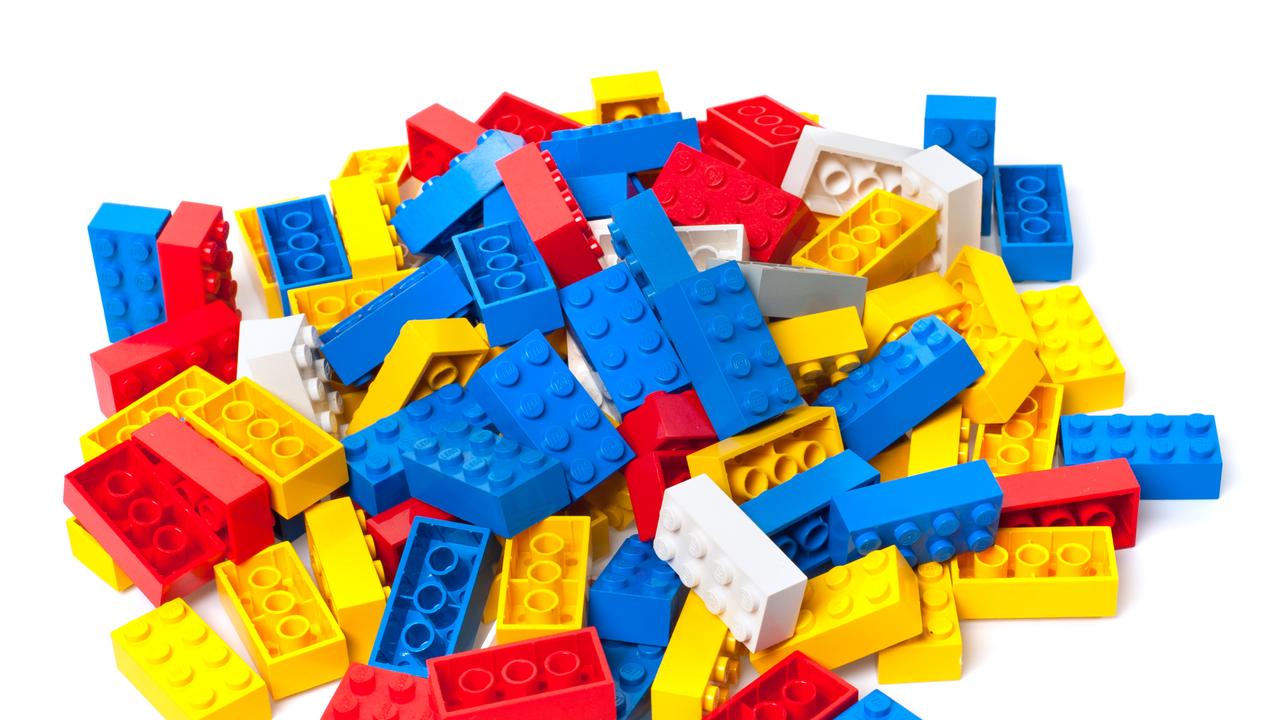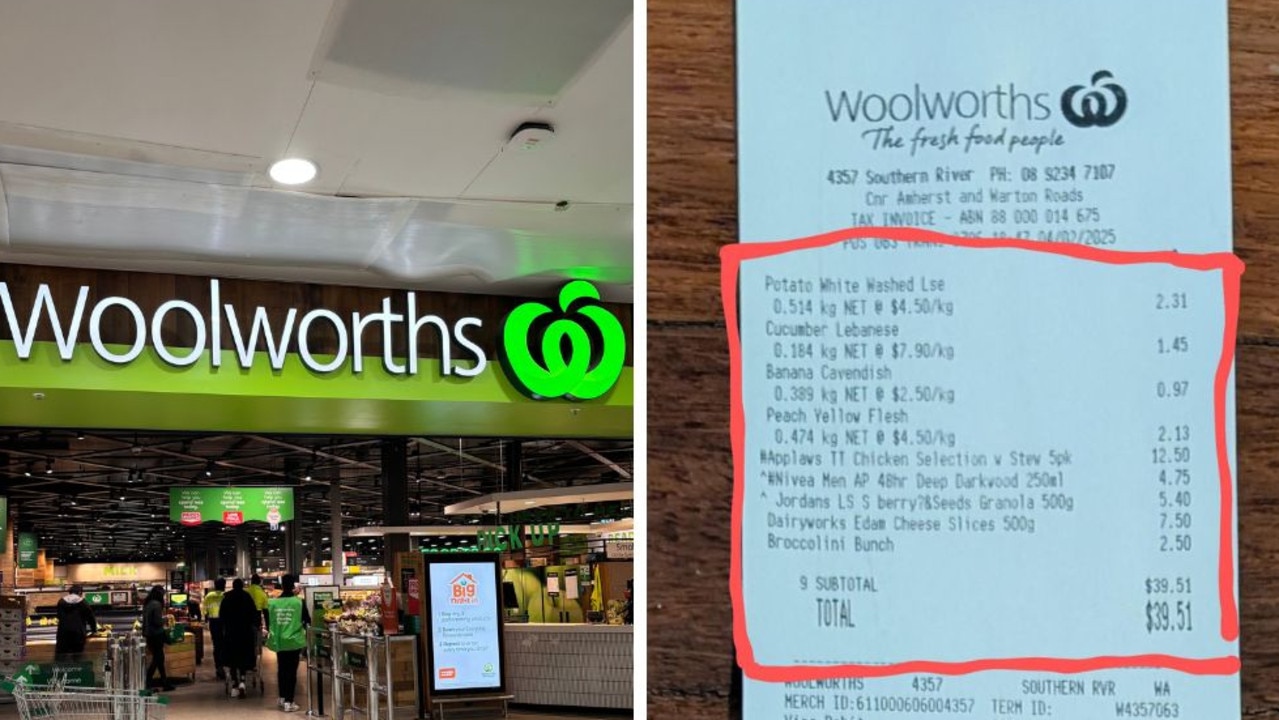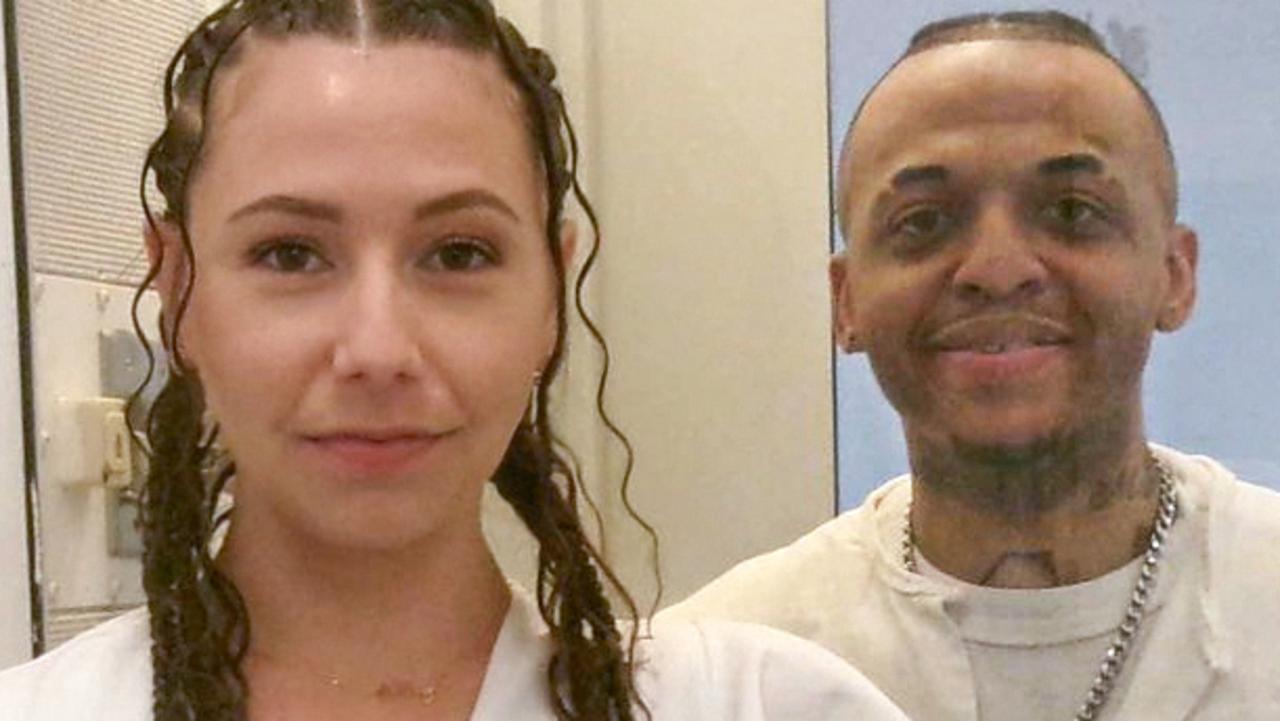‘I got the perfect score’: Human Rights Commission report into sexual assault at Australian universities released
STAGGERING revelations about Australia’s universities has revealed the full, disturbing extent of what students go through.
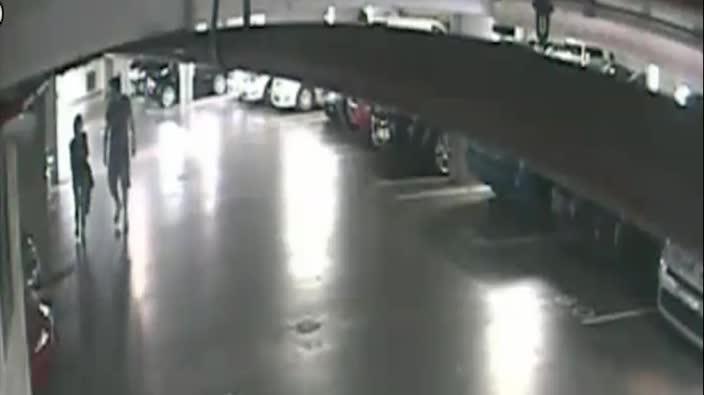
THE Australian Human Rights Commission has released its landmark report into sexual assault figures at Australian universities.
The national survey of 31,000 students revealed that half of students (51 per cent) were sexually harassed at least once in 2016, with one in five students sexually harrassed in a university setting.
6.9 per cent of students were sexually assaulted at least once in 2015 or 2016, with 1.6 per cent assaulted in a university setting.
The report also found that 94 per cent of students who were sexually harassed and 87 per cent of students who were sexually assaulted did not make a formal complaint to their university.
Joanna Williams, 27, is just one of thousands of students who initially chose not to report her experiences of sexual assault. But on Saturday she wanted to show just how horrific campus life can be, holding a sign during her graduation saying: “I got the perfect score: 2 rapes; 2 unis; 2 degrees.
Like Joanna, many people don’t report being assaulted. The most common reasons for not reporting included: Not thinking it was serious enough to report; not thinking they needed help from their university; and not knowing how to report.
The results also revealed that:
• Female student were twice as likely as male students to be harassed and three times as likely to be sexually assaulted or raped. Most perpetrators were male.
• College women were more likely than non-college women to be raped or assaulted and college women were four times more likely than college men to be sexually assaulted. It is recommended that colleges undergo independent reviews.
• Most victims of rape and sexual assault within university communities said they knew the perpetrator, and most perpetrators tended to be fellow students from the same university.
• Sexual assaults occurred in a range of places within university communities including university grounds, teaching spaces, social spaces and college residences.
• The most common setting for sexual harassment was travelling to and from university on public transport, whereas the most common setting for experiencing sexual assault was at a university residence or social event.
• Postgraduate students were significantly more likely to be sexually assaulted and harassed by staff than undergraduate students.
• Trans-gender and gender diverse students experienced higher rates of sexual assault and harassment as did students with disabilities and students from Aboriginal and Torres Strait Islander background.
• Of bystanders who reported witnessing sexual harassment, only 21 per cent took action, while 37 per cent of bystanders to a sexual assault took action. The most common reasons for not taking action were not thinking it was serious enough to intervene and not knowing what to do.
It could be useful to note here that “sexual harassment” is defined under the Sex Discrimination Act 1984 as “an unwelcome sexual advance”, “an unwelcome request for sexual favours” or “other unwelcome conduct of a sexual nature”.
Whereas “sexual assault” can include rape, sexual abuse and unwanted touching of a person’s breasts, bottom or genitals.
Sharna Bremner the Director of End Rape On Campus Australia says the results are shocking but not surprising, adding that many survivors did not report assaults, and downplay their own experiences as “non-serious” due to shock, disbelief, and the impacts of trauma.
“Sexual assault survivors will often go into denial and so will minimise their experience and say things like ‘it doesn’t matter anyway’ or ‘it wasn’t that serious’. They might tell themselves, ‘maybe it’s not that bad, maybe it’s all in my head, maybe I led him on’. This self-blame and denial is a function of trauma.”
Bremner says that university rape survivors often compare their experiences with “the media cliches of the balaclava-clad knife wielding rapist who jumps out from behind the dumpster. When their own experience doesn’t align with media stereotypes they often conclude that their experience isn’t important enough to report.”
On Saturday, 27-year-old Joanna Williams graduated with a Masters of Public Health from the University of Melbourne. As other students stood by smiling for photos with family and loved ones, Joanna posed with a sign that read “I got the perfect score: 2 rapes; 2 unis; 2 degrees.”

The bright and conscientious student says she had conflicting emotions about her graduation ceremony, having loved aspects of her degree while also feeling disappointed at her university’s response to rape. She decided to use the opportunity to send a message to the university sector and the survivor community.
“Melbourne University have asked me to speak at alumni events, but when you have an ethical issue with how students are treated, it’s really hard to celebrate all the hard work you’ve put into a degree.”
MORE: This is how we can put a stop to sexual assault
Joanna says the first time she was sexually assaulted was in 2011, when she was a 20-year-old student at the University of Sydney. Like many other women, that assault was never reported.
In March 2015, having entered a postgraduate degree at the University of Melbourne Joanna publicly announced that she was a survivor.
But in another horrific turn, just three months later she was assaulted by a man she knew.
“Prior to being raped I had never asked for an extension” said Joanna.
“I was doing an assignment the weekend it happened. I had to ask for my first extension” she said.
But when Joanna visited the Medical service on campus at Melbourne University to ask for a referral to a counselling service, she was discouraged and says she was told “I don’t think it’s really useful us referring you to counselling. It’s a wound that needs to heal, and if you pull of the bandage off it’s going to get worse.”
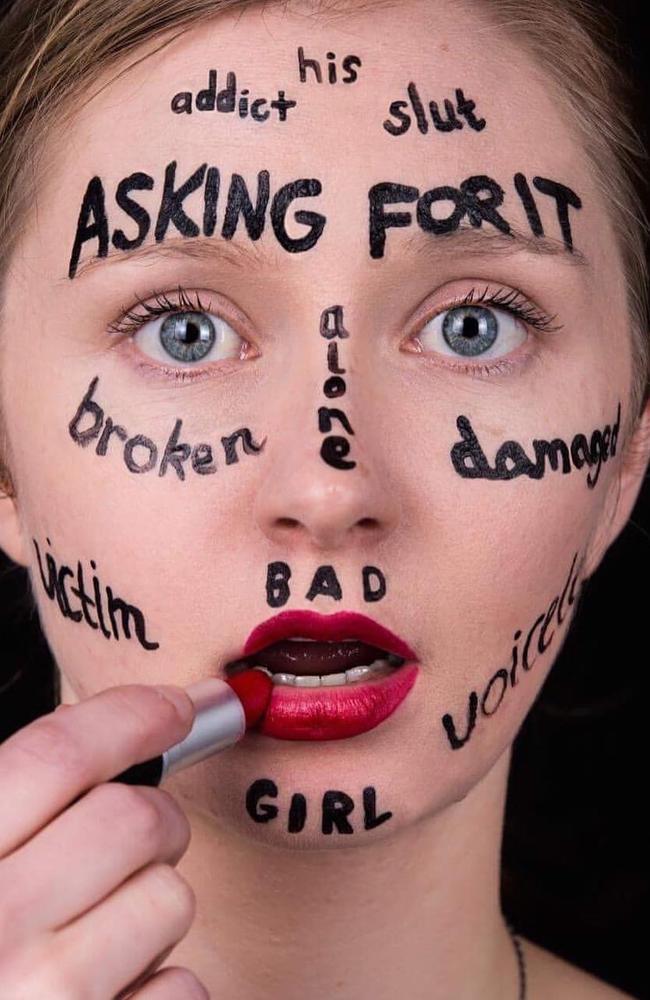
A spokeswoman for the University of Melbourne has not denied Joanna’s account but says that the “University’s counselling service is free and confidential to enrolled students, and referrals are not required.”
Yet according to Joanna, this wasn’t clear and survivors need transparent information about their options and pathways, and more wholistic support.
“I was the Secretary and face of the Melbourne Population Health Student Association and I didn’t even know how to access counselling. How would others?” she said.
Joanna is now campaigning to make reporting avenues more trauma-informed and accessible to survivors and says that the response from staff and services needs to be more empathetic.
“Lecturers and tutors also need training and support to receive disclosure”.
One of Universities Australia’s recommendations from the report is that this will occur. Joanna says that students must remain involved in the recommendations.
“My biggest concern [regarding the university’s response to the AHRC survey] is that I haven’t seen any consultation or engagement with people who experience sexual assault.”
“If you’re attempting to design a response system without working with people who will have to navigate the system, I don’t see how it will work.”
“[The redesign of reporting systems] has been a very top-down approach.”
Joanna is speaking out publicly on the day of the report launch to encourage survivors to believe that recovery is possible.
“I think being able to give a face and a story to the issue and to see someone who has not only gone through trauma but who has survived reminds survivors that they are not alone and that maybe it does get better.”
“Maybe it’s not always going to be easy and maybe life is going to go up and down, but as someone who has experienced sexual assault, it doesn’t have to define every part of your life.”
Student protests have been organised including a march tomorrow from Sydney University to UTS. A candlelight vigil is also scheduled to be held in Melbourne.
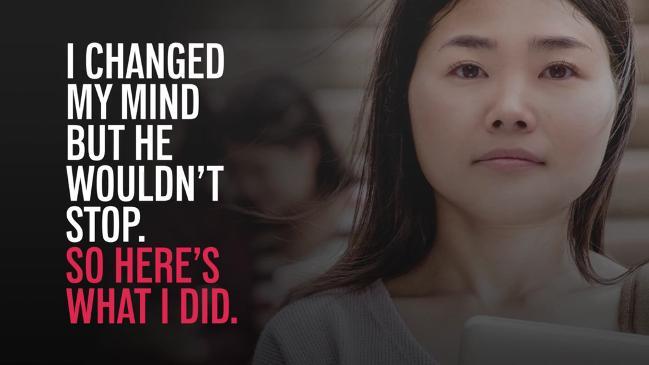
If you or anyone you know has been impacted by sexual assault within university communities support is available by calling 1800 572 224. This hotline is operated by trauma counsellors at Rape and Domestic Violence Services Australia.
Nina Funnell is a freelance writer, sexual assault advocate and volunteer ambassador for End Rape On Campus Australia. Follow @ninafunnell

